- Am-Sino Healthcare
- March 21, 2025
(Elevate your well-being with Am-Sino Healthcare’s Well Women’s Check-ups, starting from just 1500 RMB. Find more info near the bottom of the article.)

01 | WHAT'S IN A NAME
Vagina or Vulva: The vagina is an organ, a muscular tube extending from the cervix to the outer opening. The vulva is a term for the external female pubic organs: e.g. labia (majora and minora), clitoris, urethral and vaginal openings.

02 | IT DOESN’T DEFINE YOU
Remember, not everyone who has a vulva/vagina is a woman, and not every woman has a vagina or vulva. You’re more than what’s in your pants, and we recognise that. Regardless of your gender identity, regular check-ups are vital. We get it, so come see us for care with dignity and respect.

03 | IT'S SUPPOSED TO DO THAT
It’s completely normal to notice some discharge. Depending on your life stage or cycle, it can be thin, thick, clear, white, or off-white. You may find it more slippery in the middle of your cycle and less so right before your period. Discharge is your vagina’s way of staying healthy.
Discharge (could we find a better word for it, please?) is produced by your uterus, cervix, and vagina, is slightly acidic and contains a high bacterial count. Don’t be alarmed by the word “bacteria”, it’s an army of beneficial bacteria that helps prevent infections. This, like all bacteria, can have a smell though, and that’s normal. What’s too smelly? A general rule of thumb is that you can normally smell it if you put your nose close to your pants, but if you (or others) can smell it while you are dressed and going about normal activities, then it’s time to see your doctor.
Unless your discharge smells particularly bad (like a very strong fish odour), is chunky like cottage cheese, is green, or is simply unusual for you, leave it be. Messing with it can lead to more problems…
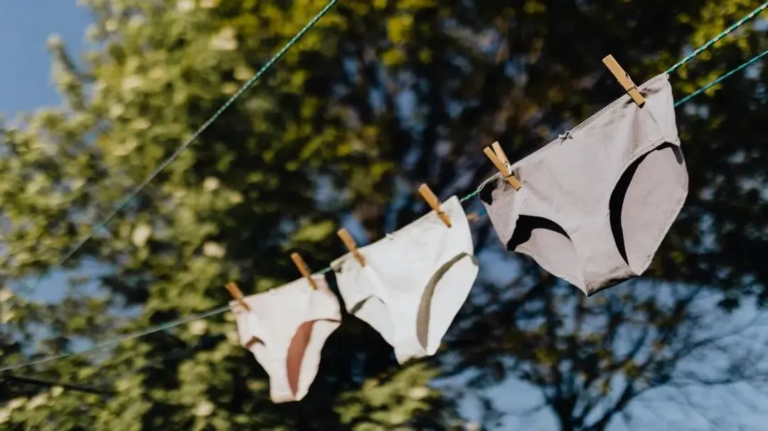
04 | IT'S SELF-CLEANING
Ditch the Douche. Douching (the practice in some cultures of cleaning inside the vagina) can really mess with your natural pH and destroy all the helpful bacteria. What about the vulva? Some people find that the very outside parts of their labia, where pubic hair grows, can get sweaty, so using a gentle soap there can be refreshing. But soaps elsewhere on the vulva, even those “Feminine Cleansing” washes, can cause harm. Skip washing the inner folds of the labia, clitoris, urethral and vaginal openings with anything other than plain water, and certainly washing inside the vagina with anything is a big no-no. Let her be!
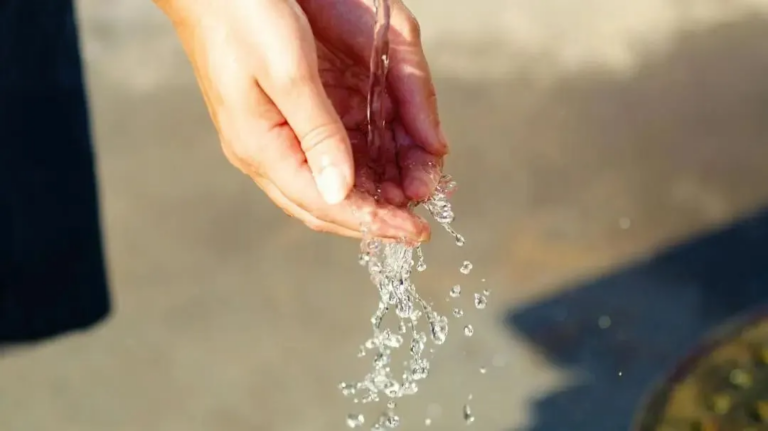
05 | IT'S NOT ENDLESS
You can’t lose a tampon (or anything else) up there for good, as the vaginal canal is only a few inches long. The vagina is a strong muscular tube that leads to the uterus, but in between them is the cervix, standing like the bouncer to an exclusive club. The cervix feels like the tip of your nose (you just touched your nose, didn’t you?), and the hole in it is tiny, and doesn’t let things larger than sperm through.
If you do find that you can’t reach a “lost” item in there, it’s not gone forever. Bear down as if you’re pooping, and it should shift low enough to grab (squatting can help). If you have forgotten a tampon in there for a while, you might not remember until you notice a bad smell after several days (or weeks) and it’s time to have a gynecologist help remove it all. Trust me, they really do see it often!

06 | THERE'S MORE THAN ONE HOLE
Urine leaves through the urethra, which ends in a tiny hole just above the larger vaginal opening. Below this is the anus, the third opening leading to your rectum and digestive system.
This means that if you need to pee (or poop!) while using a tampon, you can just hold the string to the side, or if you’re using a menstrual cup, you can simply go without removing it.

07 | VIRGINITY
Virginity is a social construct, not a physical state. Some cultures view the hymen (a thin piece of membrane left inside the vagina during fetal development) as an indicator of virginity and it is often portrayed as a seal that must be broken.
The reality is that the hymen doesn’t completely seal closed the vaginal canal (or your period blood wouldn’t be able to come out!) and it can easily, and often unnoticeably be removed when using tampons or during physical exercise. This has nothing to do with ‘losing your virginity’. Virginity is the idea that someone has not had sex, although different people and cultures will define that sex act differently.
Ultimately, it’s your body and your choice to become sexually active if and when you want to.

08 | THE CLITORIS IS AN ICEBERG
At the top of the vulva, above the urethra, you can find the tip of the clitoris. It is often described as a small pea or bean shape, is highly sensitive, and stimulation can lead to pleasure.
For over 3,000 years, men have dissected and documented the female reproductive system, even naming parts of it after themselves. However, it was not until 1998 that (unsurprisingly) it was a woman* who finally found the clitoris in its entirety.
While the top of the clitoris is external, the clitoris is much larger internally, wrapping around the urethra and vagina like the petals of a flowering orchid. This means that pleasure can be attributed to internal or external cliteral stimulation, or both.
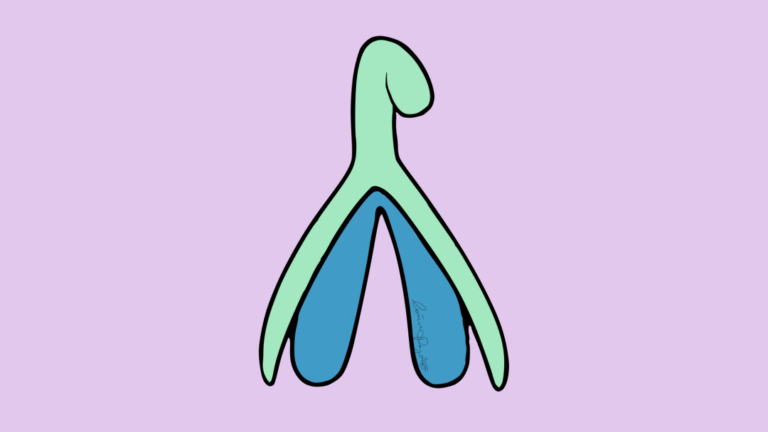
09 | PERIODS VARY. PERIOD.
Let’s first clear up a common misconception: your period doesn’t contain an unfertilised egg. That egg is absorbed into your abdominal cavity, without ever even entering the fallopian tube.
Periods consist mostly of the cells lining the uterus that thicken each month in case an embryo does come its way. When the fertile period passes without conception, this lining sheds as part of a remarkable regenerative process. Typical period bleeding usually totals anywhere between 5-80 mL, but it often seems like more. Your first period can start as early as age 9 or as late as 16 and still be considered normal. Many people experience irregular periods for the first few years, and after that, ‘regular’ only means what’s regular to you: it doesn’t have to come every 28 days, and bleeding duration is unique to each person.
If you are 16 or older and haven’t started menstruating; if you feel like your period is heavier or more painful than others; or if anything about your period or cycle is getting in the way of your life/work/schooling, come and talk to us for options.
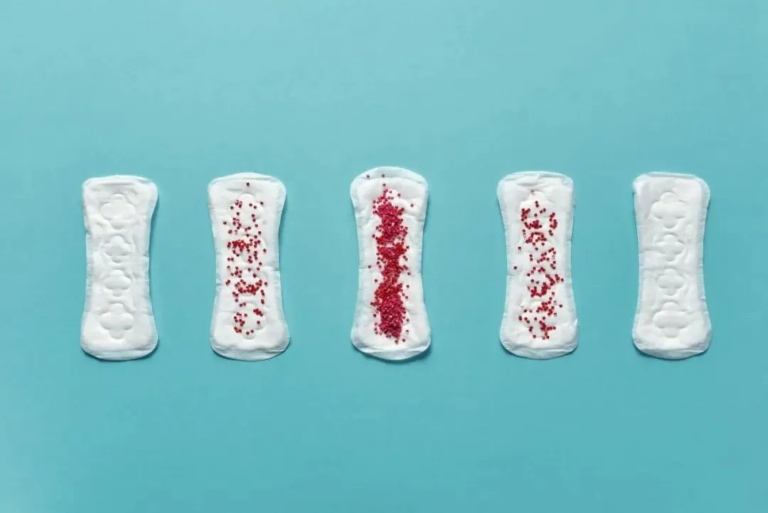
10 | MORE THAN PADS
Gone are the days when pads and tampons were the only options- there are now loads of ways to catch that flow. Previously, tampons were not recommended for teens, but this is no longer the case. Menstrual cups or discs are another option: they are also used inside the vagina, but, unlike tampons, they catch the flow rather than absorbing it and they do not need to be changed as frequently. Most types are reusable and can be emptied and washed morning and night, freeing you from thinking about them during the day. Period underwear is the latest in menstrual products. These absorbent, breathable underwear can be worn and washed just like your regular underpants (yes, that’s right: you don’t need any other menstrual product with them). They come in all different styles (including less gender-binary styles), and most people only need to change them morning and night.
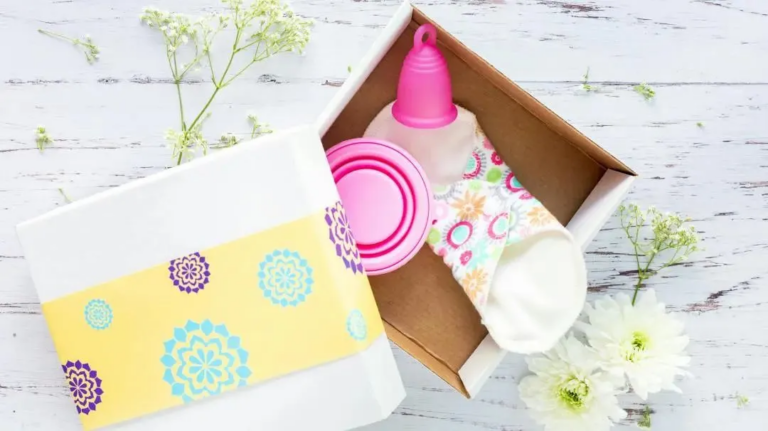
Ultimately, your vagina (and your vulva!) wants you to know that embracing factual knowledge about your body empowers you to make informed choices throughout your lifetime. So, celebrate your uniqueness, and advocate for what suits you best!
*Professor Helen O’Connell, Australia’s first female urologist.
Elevate your well-being with Am-Sino Healthcare’s Well Women’s Check-ups, starting from just 1500 RMB. Prioritize your health with our expert care.

About Am-Sino International Women's Health
The Women’s Health Center offers personalized, comprehensive health management plans tailored for each woman throughout her life cycle.



Dedicated to providing the latest in international medical standards, the comprehensive health services cover the needs of women of all ages:
- Adolescent health and education
- Endocrine disorders
- Premature ovarian failure
- Infertility and high-risk pregnancies
- Preconception preparation & genetic counselling
- Menopausal and aging health management
- Urinary incontinence, pelvic floor dysfunction
- Gynecological conditions (cervical, ovarian, uterine)
- Sexual health & sexual dysfunction
- Adolescent health and education
- Aesthetic medicine
- Mental health management
The Am-Sino Women’s Health Center follows a multidisciplinary collaborative model, providing comprehensive health management from prevention to treatment. Regardless of your stage of life, we will tailor a personalized health plan for you, providing exclusive care and support.
Connect with us on WeChat:


